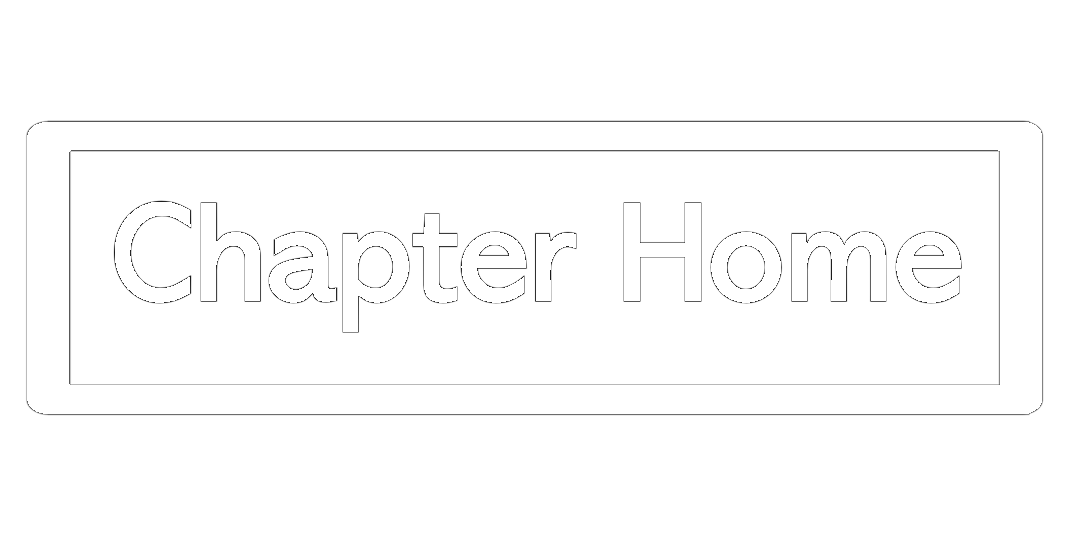CHAPTER 12, PART 1

Just as we wonder what might have been in the future, we can spend much time examining what if from the past. As we search for answers, we then search for alternate scenarios. We look for ways to prevent what might have happened, and if your child is older when he or she dies, you can go back decades to find the what ifs. What if comes in all varieties. Although this line of thought happens naturally we need to remember that when we get started in this vein of questioning, we now ride a train with many stops, but only one destination: regret.

CHAPTER 12, PART 2

What if I had taken a harder stance on my own son when he was sixteen? Would he have quit using drugs? What if I had made Logan seek counseling? What if I had not let him move in with his father? What if I had called him that morning? What if I had divorced his father when he was two instead of eight? What if his father and I had not divorced?
This type of thinking can go on endlessly, but the harsh reality is that none of the what ifs happened and the bitter fact remains: the death. Even now, periodically, guilt surfaces in unexpected ways and I do not realize the emotion in myself. I recently expressed regret to a friend that I had made Logan leave my home at the age of twenty-five, and I started crying. I thought that I had worked through this, but apparently, I have not.

CHAPTER 12, PART 3

One friend told me at dinner, “It’s not your fault,” a simple comment, but a perceptive one for I did not realize how much I blamed myself. It makes me want to reexamine all the ways I assume guilt for his death. I do not know what I am doing to myself as far as guilt goes.
I can regret not putting Logan in drug counseling, but that does not guarantee he would have discontinued drug use. I can regret that I asked him to leave, but I was saved from this extra burden of blame after he died, ironically, by Logan himself. My nephew told me that he (my nephew) was upset at my husband for pressuring me to kick Logan out of the house.

CHAPTER 12, part 4

My son, who was happy by nature told my nephew, “Aw, don’t be mad. Heck, I’d have kicked me out if I was him.” I try to let go of this one because if Logan had forgiveness in him, why shouldn’t I?
Another possible way of looking at what ifs concerns seeing a worse event. What if Logan had died in a worse way? What if he had hurt someone else? What if he had suffered for years? What if they had revived my son and he remained lost to the world except by the intercession of machines?
What ifs are infinite in both scope and variety, but after every what if has been asked, they do not answer the question of why. The constant second-guessing leads to a worse situation of feeling unnecessary guilt.

CHAPTER 12, part 5

Often, people have a tendency to blame themselves: If I had paid more attention driving, I might have seen the car running the stop sign. If I had been paying more attention, she might not have drowned. Even: If I had more faith, she might have survived. Sometimes the blame may be partially justified in your eyes, but all the responsibility you take upon yourself, no matter how great, does not change what happened, nor does it help you or anyone else.

CHAPTER 12, part 6

I have a quote on my work email: “It’s not what happens to you, it’s what we do about it” by W. Mitchell. It takes a lot of energy to blame and castigate ourselves for something we cannot change, and this energy could be diverted to better use for the sake of society, our families and ourselves. It’s hard to stop feeling guilt, but if you must accuse yourself, take that energy and put it to use to help others. It may never assuage the blame, but at least staying busy will occupy the obsessive thoughts in your mind and accomplish something positive outside of regret.

CHAPTER 12, part 7

ACTIVITY
Write down the what ifs with which you have been torturing yourself. Resolve (and I mean RESOLVE) to leave them in the journal. Visualize them as being removed from your thought patterns and now living in the journal where eventually they will expire. As you write them say, “I release them into this journal. If I really want to torture myself, I know where to find them.”






